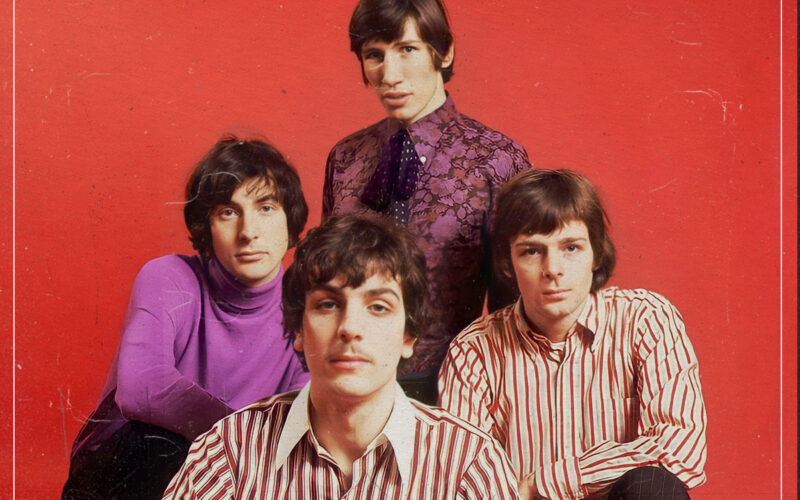While people might think of Pink Floyd as having been one of the biggest progressive and psychedelic rock groups to have ever existed, there’s often plenty of debate about whether the entirety of their catalogue belongs in either of these categories.
While there are elements of both throughout, there are times when it feels considerably more restrained than the music their contemporaries were making, which opted to go all-out in their efforts to be categorised a certain way.
The thing is, their contemporaries weren’t as notorious as Pink Floyd were, and several of them failed to figure out a way to make these potentially alienating or off-putting sounds into something that would sell records. In many instances, they were experimental for the sake of being experimental, rather than doing it in a more calculated sense where the band members knew exactly how to take a song in an intriguing direction.
Sure, the band were early to latch onto both of these particular styles, but that doesn’t necessarily mean that they were ahead of their time, and there may have been other, more innovative bands that came before them who were too early to achieve the success that Pink Floyd had.
In a career that spanned across several decades and saw them change direction on multiple occasions, it might be difficult to assess this, but there are a number of things which give definitive proof as to whether they were ahead of their time or not.
Were Pink Floyd really ahead of their time?
Psychedelic rock and prog rock both already existed when Pink Floyd formed, but they were among the first acts to adopt these particular styles. In fact, it was only acts like The Yardbirds and The Kinks in the former, and The Nice and Soft Machine in the latter camp who predated them in having explored these particular genres and achieved success with them, so if anything, these groups were slightly more ahead of their time than Floyd.
On the other hand, they were often categorised as ‘space rock’—a distinct subgenre of both psychedelic and progressive rock that focused on exploring cosmic sounds. While it was a term that the band rejected as being nonsense and not befitting of their style at all, they were also among the first to be dubbed as such, and seemingly ran with it as a style that crossed over multiple songs of theirs before anyone else of note had done so.
There’s also the matter of them making concept albums, something they were known and celebrated for as a group. While many might consider them to have been the masters of it, there were plenty of other acts that came before them who had ventured into telling a story over the arc of an entire record such as The Who, who had released their rock opera Tommy a whole four years before they’d delivered The Dark Side of the Moon to the world.
So, were they ahead of their time, or were they simply fortunate to have jumped on the back of pre-existing trends at the right time? Well, yes, they were trailblazers in their field and succeeded in further popularising certain styles and aspects of musical exploration, and coming at the start of something and continuing to innovate is surely a sign of being ahead of the curve, even if you don’t have an appreciation for what they do.
Not only that, but so much of their music has gone on to inspire further acts several decades down the line, and given how their music is still able to stand up against modern musical recordings and still manages to sound comparatively futuristic, it becomes hard to deny how much further forward they were than other bands and continue to be to this day.






